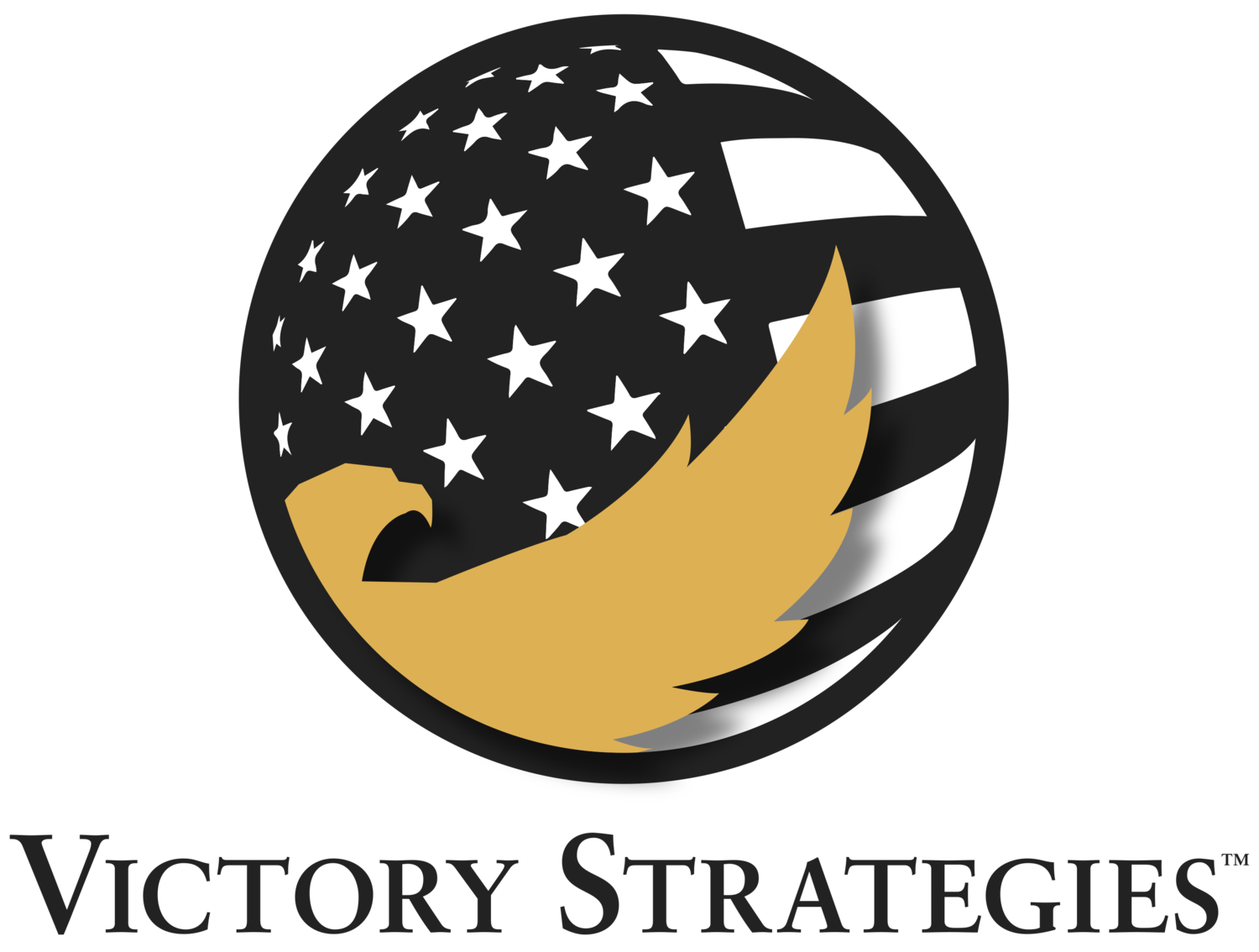“By failing to prepare, you are preparing to fail”-Benjamin Franklin
Plot twist: Every economist in the world said a recession was inbound. We didn't know how, why, or when but we knew it was coming. Why were teams not preparing?
Everyone can look like a Rockstar when the money is coming in, the economy is booming, and sales are increasing rapidly. But what happens when there is an economic downturn, your team is getting sued, or a key player takes a job at a competitor? If you don’t have an answer or a plan that you and your team can revert to that can be used to address any scenario that is thrown your way, you are wrong.
I do not have a tolerance for people when they make the comment to me, “no one could have prepared for this.” That is a false comment and I will not tolerate it. You and your team can plan and prepare so when you are greeted with an unforeseen event, whatever it may be, you have a contingency playbook you can revert to and customize something specific to deal with the situation at hand. Chaos is a time for you and your leadership team to show your organization that you are calm, confident, and working through the problem to execute a sound solution that will lead your organization to victory through the uncertainty.
Contingency planning and risk-mitigation are hypothetical scenarios that are paired with achievable responses that you and your team can implement at a moment’s notice. In other words, you are preparing for the unknown, whatever it may be. If you and your team have already spent the time and effort on crafting a solid contingency playbook then when you are faced with a tough decision, you already know what and how to react accordingly. That is a powerful advantage over your competition.
Take the time throughout this current COVID-19 pandemic and make notes of things you and your team could have been better prepared for. What are some of the major lessons learned and revisions that need to be made when we get on the other side of this? And above all, please don't take the contingency planning process for granted or think it does not apply to you.
In military special operations, the planning is everything. We create multiple plans that could be used at a moment's notice. Everyone knows the plans, visualizes the plans, verbalizes the plans, and physically walks thru the plans. Hollywood movies make it appear as if Navy SEALs know how to respond accordingly to a terrible situation no matter how bad it may be, but the truth is, they're responding like that because they created the answer to the problem days ago while the team was contingency planning.
Takeaway: Be prepared for whatever the world is going to throw at you. Have multiple plans for yourself and your team so when you are faced with a problematic situation, you have already done the due diligence in thinking of how you will respond, react, and execute a decision. Do not become complacent, do not have excuses, do not be unprepared.
Authored By: Jacob Werksman, CEO

